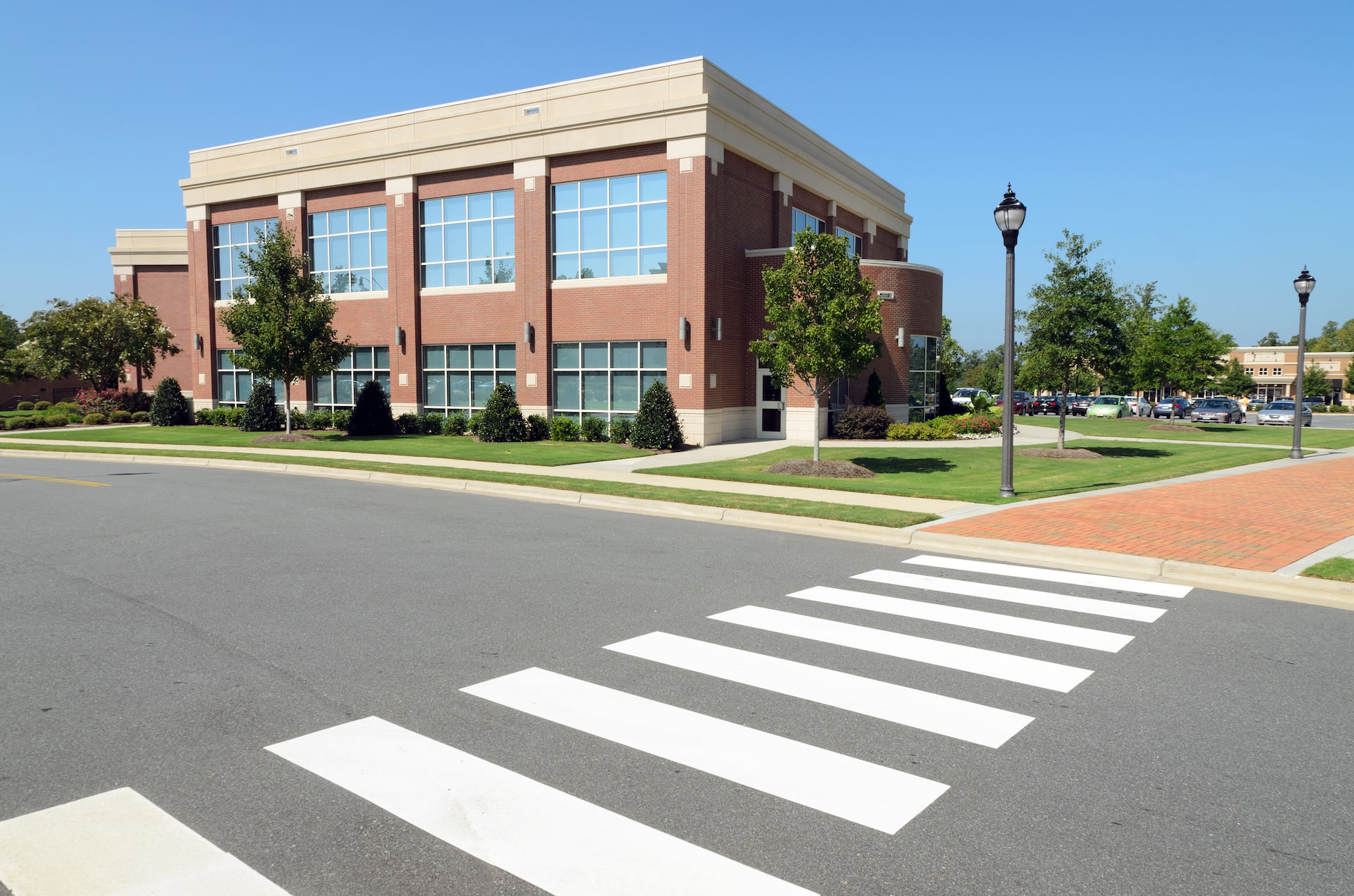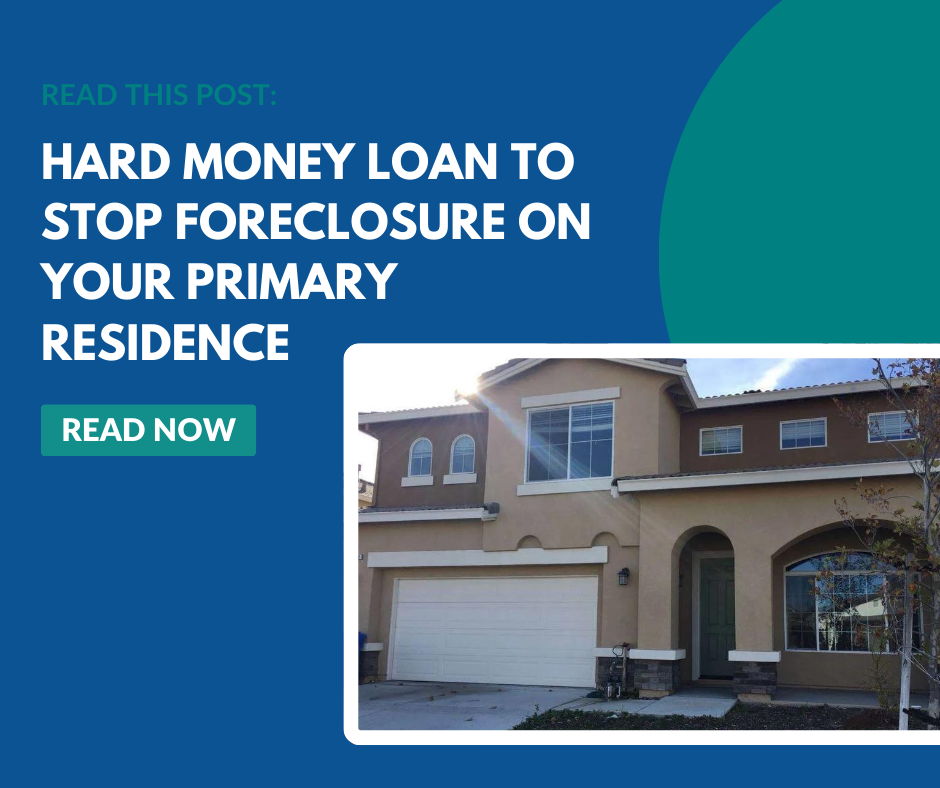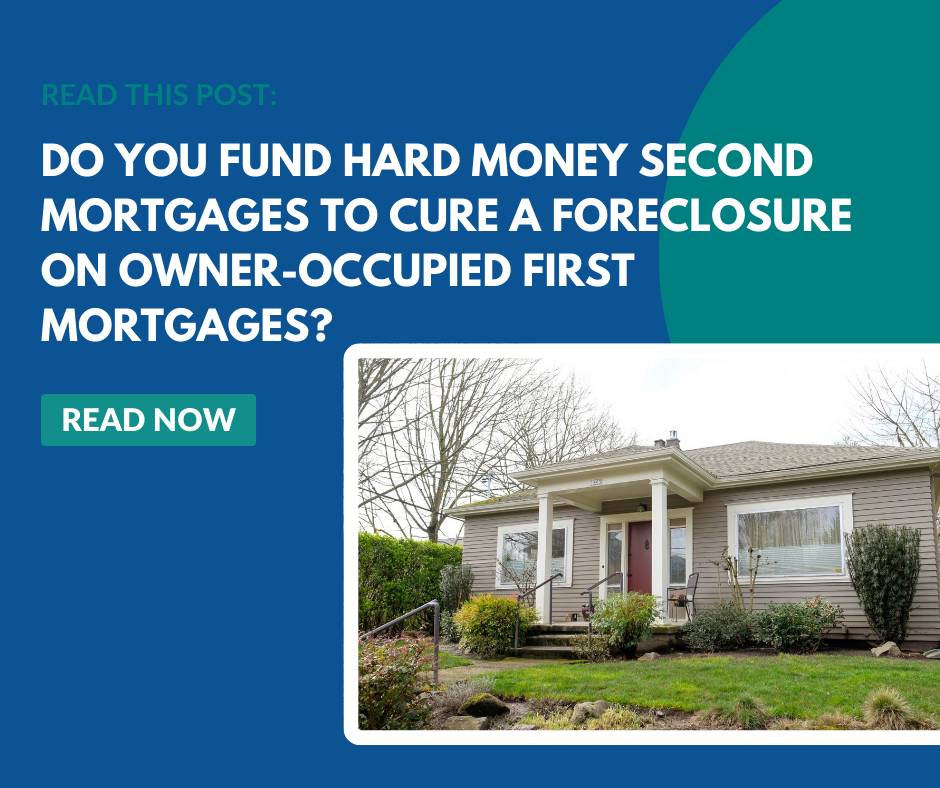People in foreclosure often think they can refinance their defaulted mortgage with a hard money foreclosure bailout loan. This idea persists, since most real estate agents and conventional mortgage lenders still think hard money loans are financing for people with bad credit. Maybe 15 years ago that was the case – but today, hard money loans are more prevalent, and most lenders avoid making loans to borrowers currently in default or who have bad credit history. At First Capital Trust Deeds (FCTD) we’ve seen our share of borrowers desperate for a hard money loan that can help them out of a foreclosure.
This article will cover what you need to know about foreclosure bailout loans, including:
- The difference between business purpose and consumer purpose loans
- Foreclosure on your primary residence
- Small hard money second mortgage to cure defaul
- Foreclosure on an investment property
**Please Read Entire Page Before Filling Out the Form Below**
Before you fill out the form at the bottom of the page, please read through the entire article.
First, we're sorry that you're facing foreclosure on your property. It's stressful and can sometimes make you feel powerless when trying to get help with your situation.
I've been in the mortgage business since 2002 and worked through numerous foreclosure workouts on the lender side. There's no "one size fits all" solution to a foreclosure as each situation has unique circumstances impacting the course of action or resolution.
That being said:
- FCTD cannot provide hard money financing to a homeowner in foreclosure on their primary residence or a second mortgage to bring their first loan current. You'll need to work with your existing lender on a loan modification, forbearance, or contact a real estate attorney or bankruptcy attorney for legal advice.
- If you have an investment property in foreclosure due to delinquent payments, you'll be most successful working with a hard money lender or trust deed investor in your local market.
(If your property is in upstate New York, narrow your search to New York-based lenders) - FCTD has offices in Newport Beach, Orinda, CA, and Bend, OR. We'll look at foreclosure refinance loans in these markets along with a few nearby West Coast markets. But, we're not going to review a loan request in a rural town in Tennessee, for example.
The rest of this page is meant to be informational, covering various topics (forbearance, loan modification, legal options, and selling the property) in addition to the small chance of using a hard money loan to cure the foreclosure on an existing mortgage.
The Difference Between Business Purpose and Consumer Purpose Loans
It’s important to first understand the difference between business purpose and consumer purpose loans. I’ve written about this topic in another blog post you should definitely read. I also address this topic over and over on these pages so you can save time and focus your efforts in the right direction.
Business Purpose Hard Money Loans
Nearly all hard money lenders only do business purpose loans, where the use of funds are for a business or investment property. Examples include:
- Investment property: purchase or refinance
- Owner-occupied commercial property loan (warehouse, manufacturing, office, etc.)
- Construction loan for home builder or developer
- Fix-and-flip loan
- Purchasing a business using proceeds from a hard money loan
- Cash-out against a primary residence with proceeds for a specific business purpose
- Investment property renovation
- Business debt consolidation
- Business taxes
- Business partner buyout
- Business judgments and settlements
- Business litigation loan
Summed up, business purpose is for investment properties or mortgages where cash-out funds are going directly to a business account, with the borrower documenting the precise use.
Consumer Purpose Hard Money Loans
A consumer purpose loan is where the use of funds is for personal expenditures. Examples include:
- Primary residences
- Second homes
- Home improvement – primary and second homes
- Debt consolidation – personal debts (credit cards, auto loans, installment loans, etc.)
- Personal income taxes
- College tuition
- Weddings
- Divorce settlements
- Splitting inheritance proceeds
- Personal judgments
- Making bail
- Chapter 13 bankruptcy buyouts
To make a consumer purpose loan, a hard money lender has to go to great lengths to document how the funds are used, and how the consumer can afford the payments. They also have to write the loan for 20 or 30 years, which most hard money lenders don’t like to do (12-month bridge loans are most common in hard money lending). During the underwriting process, the lender is preparing their legal defense in the event that the borrower defaults, initiates foreclosure proceedings, and causes the borrower to sue or file for bankruptcy. Hard money lenders who originate consumer loans are also documenting their future responses to a judge at trial.
As you can see, there’s a lot for a lender to consider when making a consumer purpose loan.
Business purpose loans, on the other hand, don’t have this level of legal liability. The borrowers are usually real estate investors, developers, home builders, or house flippers. They’re using hard money loans for real estate, not personal uses.
This is why I said nearly all hard money loans are for business purposes and very few are for consumer purposes. With consumer purpose loans, the risk to lenders is much higher than a borrower defaulting on payments. Therefore, hard money lenders focus on business purpose loans.
Foreclosure On Your Primary Residence
If you’re in default or foreclosure on a conventional mortgage at 4.00% on your primary residence, a hard money loan at 11.00% is not a viable solution. I wrote a blog post, Hard Money Loan to Stop Foreclosure on Your Primary Residence, covering the ins and outs of alternatives to hard money loans. Here’s a quick summary:
- If the 4.00% loan is in default, it’s hard for a lender to justify a new loan at 11.00%.
- Instead, work with your existing lender on forbearance or loan modification.
- Communicate with your lender – don’t bury your head in the sand!
- Consider selling your house – home values have soared since 2020 and you may net significant proceeds from the sale. Renting instead, with extra money in the bank might be less stressful.
I think it’s better to always first work with your current lender on forbearance or a loan modification. Loan servicers have come a long way since the housing crash of 2007-2010. They’re better at helping borrowers keep their mortgage to avoid foreclosure.
Small Hard Money Second Mortgage to Cure Default
If the first mortgage on a primary residence is 3-6 months in default, a small hard money second mortgage of $10,000 to $20,000 also isn’t a possibility. The main impediment is the income documentation and trial preparation a hard money lender would need to complete. In addition, most lenders have a minimum loan amount of $100K or $200K. Making a small loan is the same amount of work for much less pay. It’s not a wise use of their time.
If you can’t get a forbearance or loan modification, move on to friends and family for help. Ask someone you know for financial assistance.

Foreclosure On An Investment Property
If a borrower is in default on an investment property, they might be able to use a hard money loan to pay off the existing mortgage. However, borrowers can face many challenges and obstacles going this route.
Maturity Default - Balloon Payment Due Date Has Passed
If you're already in a hard money loan that has matured and your existing lender chose not to extend the balloon payment, then you're facing maturity default and this might be something that another hard money lender would consider refinancing.
Maturity defaults are not unusual in hard money lending. However, the story (what happened & how you intend to pay off a new loan (exit strategy)) and the numbers (LTV, LTC, AS-IS Value, & future sale price) need to make sense.
Payment History – One-Off Situation or Long-Term Pattern?
If the current loan has been in and out of foreclosure for a few years, it’s going to be next to impossible to find a hard money lender interested in paying off that loan with a new one. Habits can be hard to break, especially one of frequently being 30, 60, or 90 days late on mortgage payments.
Hard money lenders want to fund a loan and then receive on-time monthly payments – not have to call late borrowers and get an excuse or the runaround. However, if the default was a one-off situation, it’s more likely a hard money lender will consider making a loan to stop the foreclosure.
FCTD has seen both the repeat offenders who are in and out of foreclosure, and the one-off situations where something unexpected happens – like an illness or a large warehouse tenant filing bankruptcy and going out of business. Each of these situations have to be considered for their unique circumstances.
Conclusion
If you’re facing foreclosure on your primary residence, consider several options before pursuing a hard money loan: working with your current lender, asking friends and family for a loan, or simply selling the house. Hard money has the lowest probability of success and should be the last resort – despite what some real estate agents and traditional mortgage brokers think. Likewise for investment property owners: first work with your existing lender to keep that loan in place. If that’s not possible, check with hard money lenders, who may take out a loan for one-off situations, when the borrower is unlucky rather than undisciplined.
More about Foreclosure Bailout Hard Money Lending
4 min read
Hard Money Loan to Stop Foreclosure on Your Primary Residence
Feb 21, 2023 by Ted Spradlin
Disclaimer: Information, rates, and pricing are subject to change without prior notice. All loans subject to borrowers and underlying collateral meeting First Capital Trust Deeds’ and/or assigns then-current underwriting criteria. Other restrictions apply.





